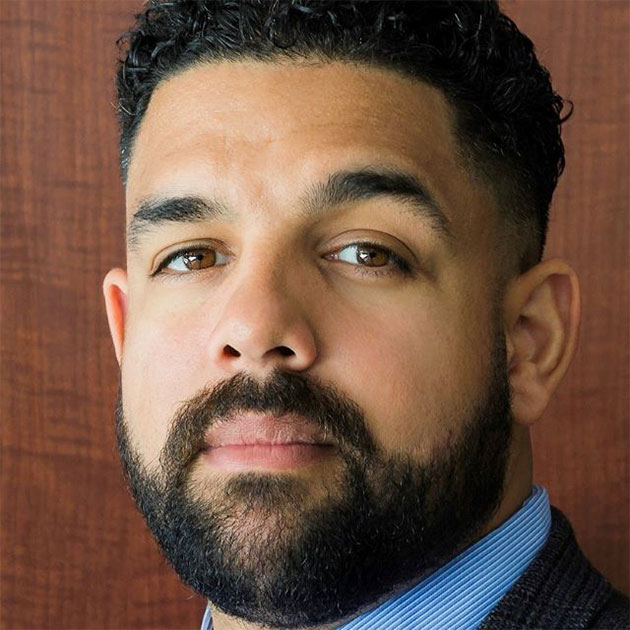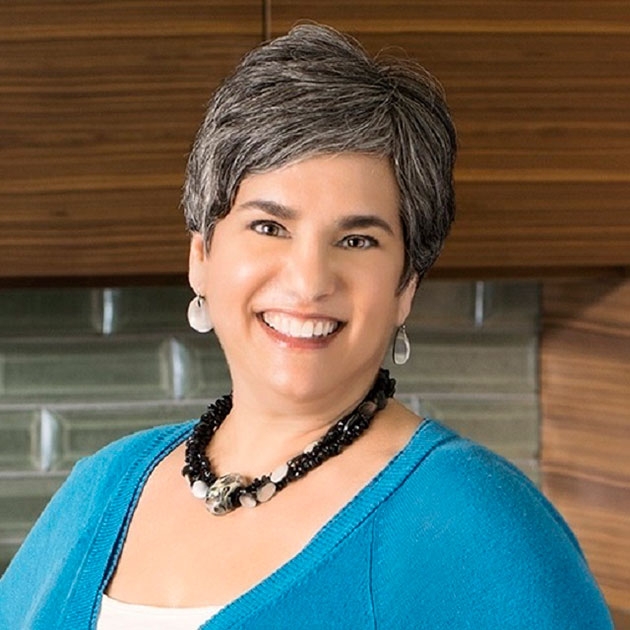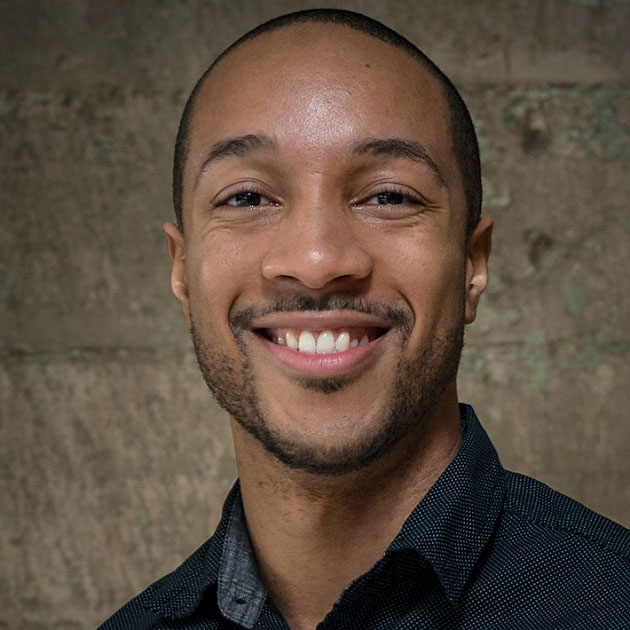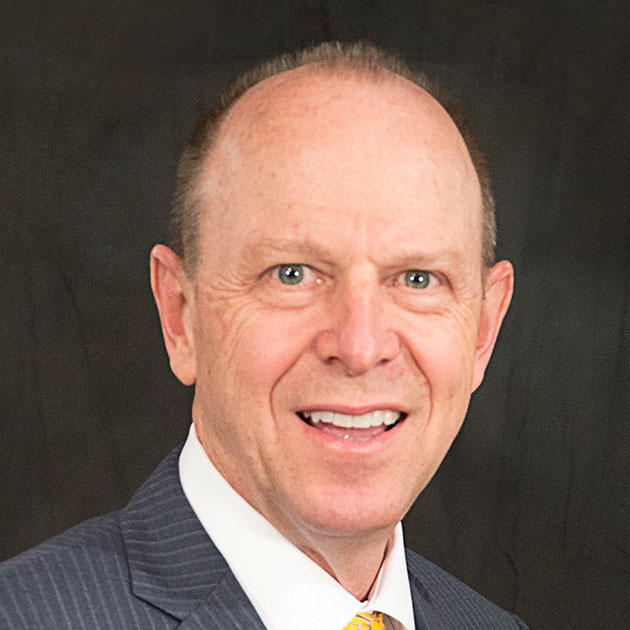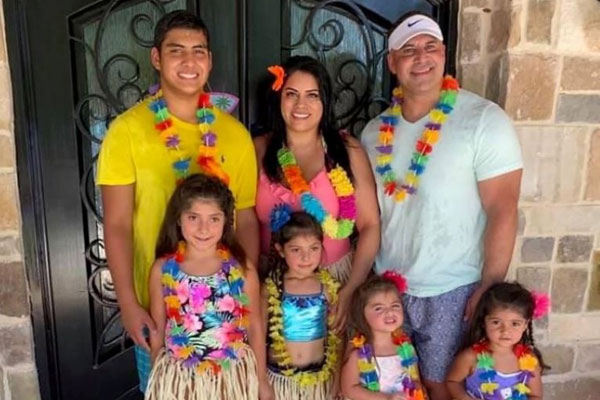
Vice President; Santander Consumer USA
Gonzalez is vice president of the U.S. operational strategy and digital transformation team at Santander Consumer USA. In her role, Gonzalez’ team is focused on enhancing business performance and fintech solutions. She manages relationships with key partners and global digital leaders as the digital liaison for Santander Consumer. These partners include multiple U.S. entities, Banco Santander and other global entities. Jessica participates in the digital global summit annually, where digital and regional leaders from multiple Santander entities gather to share innovative and digitally driven insights. SC is a Dallas-based publicly traded, consumer finance company focused on vehicle finance and third-party servicing, with more than 3 million customers. This year, Gonzalez, who holds a BS in Business Administration, launched the Center of Excellence Automation Process Reengineering program. In addition, she directly supports customer service, fraud, direct originations and natural disaster recovery from an operational strategy perspective.
How your degree has impacted your career?
Attending UT Dallas allowed me to network at my first corporate job, Perot Systems, while simultaneously working to complete my degree. I found my love for corporate strategy and it made me deeply value mentorships. I seek out mentors in all areas of work and personal life but also focus on being a mentor.
What do you enjoy about your current position/profession?
I’m the Texas Regional Leader for Conexión, the Hispanic/Latinx Employee network group. I’m also part of the Santander Consumer Diversity and Inclusion Council. The most enjoyable part of my position is being a member of the council where we stress that diversity and inclusion mean including all. Prior to joining Santander Consumer, I was part of a mostly white, male environment. Navigating through that experience as a young, female Latina, I see the value of advocating for women. Now, at SC, I am grateful for our many female leaders. I am committed to truly listening and ensuring that those who may not have a platform are empowered to share their voice on their team and throughout the organization. I love being a resource – as a keynote speaker in the internship mentoring program, representing diversity and inclusion teams and discussing my corporate journey.
What unexpected experience or event has shaped or influenced your current professional life?
Between COVID-19 and the continued struggle against racism during an election year, the line between professional and personal life has become very blurred. I grew up in a time where we were expected to leave our personal lives at homes. Now we are expected and asked to understand not only our customers’ but our employees’ personal life perspectives. It has been a game changer in the industry and we are all learning the new norm, but I am proud of the journey we are on and excited to see what the future will hold.
How have you connected with either Jindal School or UTD alums since graduating and how has that been fulfilling?
I had a UT Dallas intern who I continue to work with through ALFPA and I network with other UTD alumni. This led to us to hiring another UTD alum for my team. (The Association for Latino Professionals for America is a national organization with a campus chapter at UT Dallas. ALPFA focuses on professional development, leadership opportunities and networking events with the DFW professional chapter.)
What advice do you have for college students hoping to succeed professionally?
The choices you make in college can have a profound ripple effect on your career as well as your network. Become an intern, and don’t be scared to share your thoughts. My internships had a huge impact on my career and my professional life. I also was a part of the Congressional Hispanic Caucus Institute where I made a pledge to make helping others a way of life. In 2004, as the Texas Academy of Math and Science LULAC president, I partnered with the International Newcomer Academy, a Fort Worth ISD school whose students are recent immigrants and refugees. That school is at capacity with more than 40 students per class, of which more than 60 percent are Spanish speaking.
What is a professional highlight of your career, either where you currently work or in the past?
I have continued my partnership with the International Newcomer Academy through Santander Consumer, where in one year, SC volunteered more than 200 hours, provided 50 meals to families in need, and donated more than 100 coats for the annual coat drive. As part of a 100 corporate consortium, I signed the Hispanic Promise on behalf of Santander Consumer USA. All these participating companies promised to hire, promote, retain and celebrate Hispanics in the workplace, showing respect and commitment to our employees.
What advice do you have for those moving into leadership positions?
In my personal journey I came across the book “Nice Girls Don’t Get the Corner Office: Unconscious Mistakes Women Make That Sabotage Their Careers,” by Lois P. Frankel. I read it, and then I threw it out because it didn’t align with my beliefs surrounding integrity and owning your actions, especially when leading others. Frankel’s theme, “Don’t say sorry,” insinuates that if women apologize, it could be seen as weakness. I chose not to bend my leadership style to fit this narrative. Why shouldn’t we all learn to apologize better and more frequently? A key component of a leader, regardless of gender, is speaking with and expressing genuine authenticity. One of our key values at Santander Consumer is “Talk Straight,” which includes speaking to the point, as well as listening. I choose to say “sorry” frequently, with the intention of doing better and being genuine to myself and those around me. You never know the impact an apology can have on a person, especially if they’re still finding their own voice or going through their own struggles.
What makes an effective leader?
Many of us struggle to define ourselves and endeavor to find our voice when adapting and relating to our surroundings. We attempt to add our own personal “message to the world” in hopes of positively impacting those around us. We live in a time where women are told to not say “sorry.” Latinos are being disproportionately affected by COVID-19. Black Americans face police brutality and imprisonment at alarming rates and Asian Americans are the least-likely group in the United States to be promoted to management. We see our veterans suffering from post-traumatic stress disorder, people with cognitive or physical differences fighting to get proper healthcare, caregivers dealing with overwhelming stress and the LGBTQ community feeling the tensions of fighting for their rights. To be an effective leader, be authentic in your message, be empathetic to others and build people up.
What do you enjoy doing in your free time?
I recognize the value of investing in education. Nearly two-thirds of Hispanics end up in crowded and under-funded community colleges or second-tier public universities, characteristics that make them more likely to drop out. I volunteer with International Newcomer Academy – where 100 percent of the students are considered at-risk and 100 percent of students are non-English speaking at the time of enrollment. Volunteering makes a difference to children and is crucial when you are in a leadership position. It shows that you value your entire community. This also sets an example for my children and invests in our future.

